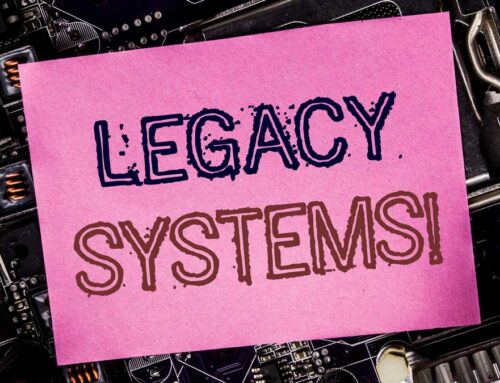Software QA is a confusing subject. When do I need it? How do I use it? How will it help me? Who and what makes a good QA tester? Hopefully, this quick overview will answer some of these questions for you.
What?
Software Quality Assurance (SQA) is the process of monitoring software engineering development and methods in order to ensure quality. SQA is involved in the entire development process from requirements and design to coding to testing and release management. They help make sure the project stays true to the guidelines, stays on track, and finishes relatively ready to release.
When?
The team needs to be involved in the whole process but, some things should be left to the programmers. The SQA team shouldn’t be responsible for unit testing nor should they be responsible for training. The Business Analyst should train the SQA team as well as make sure the requirements are properly interpreted. Additionally, not all projects need a SQA team. Some small projects might be better off without a full SQA team. They may only need one person overseeing the project.
Who?
This is arguably the hardest yet most important part of the SQA team – the QA testers themselves. Make sure they are properly trained by testing the processes instead of the software. You need to have a special person in this role, someone who can think very granularly and can look through the eyes of many different types of users of the software. It’s very easy to get burned out on SQA and it’s hard to find someone who wants to do it for very long.
Your first instinct might be to rely on the users to be the SQA team. However, users can get overly creative, especially if they were not part of the requirements scouting process. Additionally, they feel the need to put their mark on the software. Inviting users to be a part of the SQA team can also lead to scope-creep if they don’t know what their role should be. This also holds true for Project Managers, IT Managers, and Executives – they won’t do a thorough job and it turns into training the team in the ways of SQA, which can quickly derail a project.
Why?
It’s very important to have a good QA testing process, even if it’s small and simple. The worst process is the one you don’t have! SQA can help find problems and fix them while they’re still small and manageable. It can also help keep your project on track and add a level of polish to the final product. Finally, a good SQA team can add tremendous value to the project, from start to finish.
How
For more information on SQA or if you’d like to get started with a company who has lots of SQA experience, contact us at LSG Solutions at 285-2500.
No tags for this post.






Leave A Comment